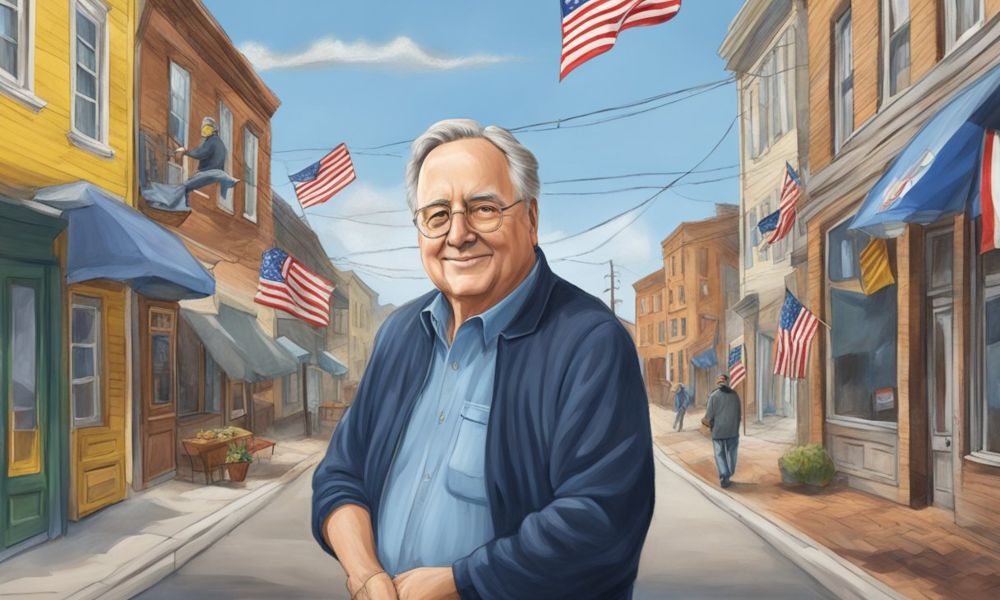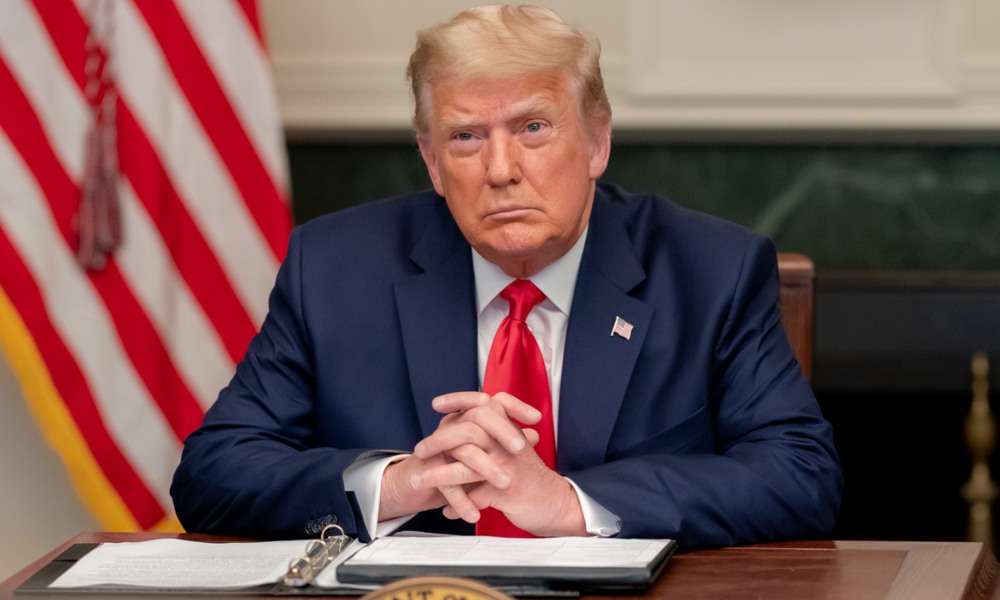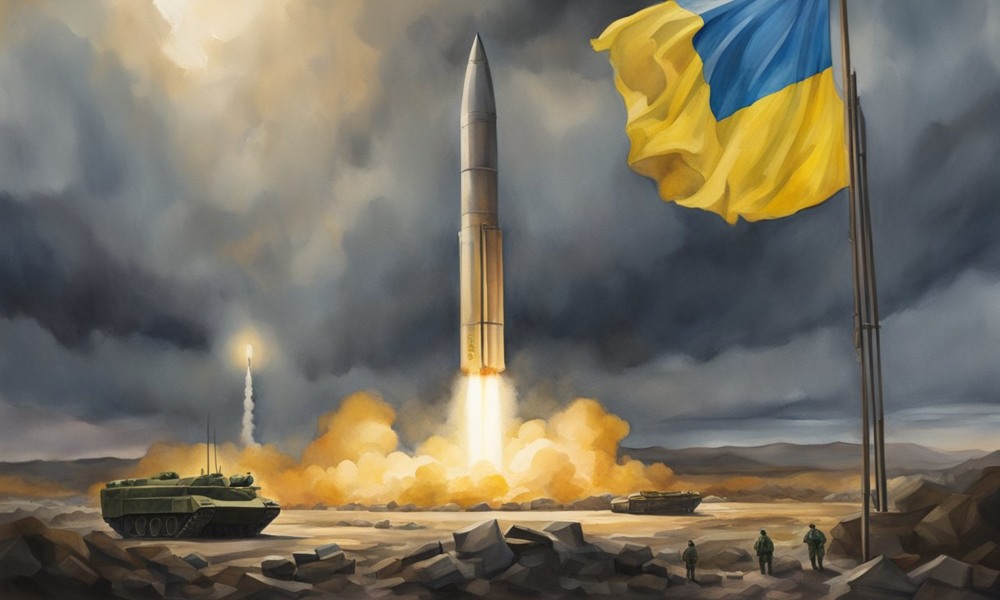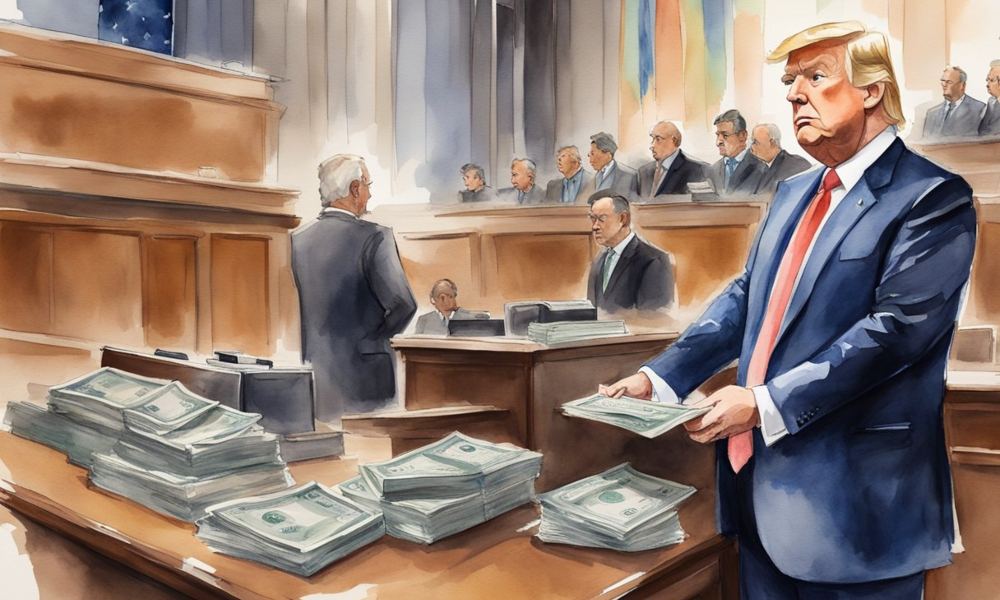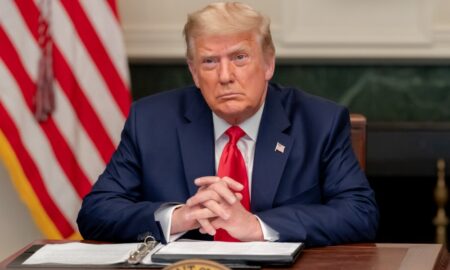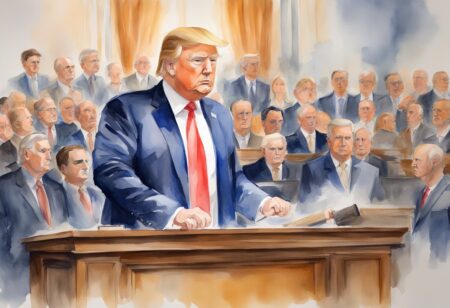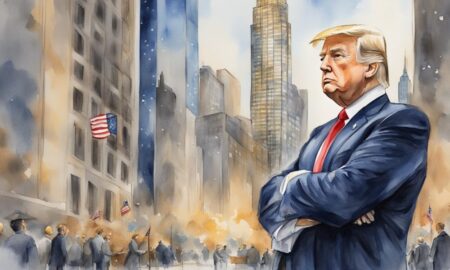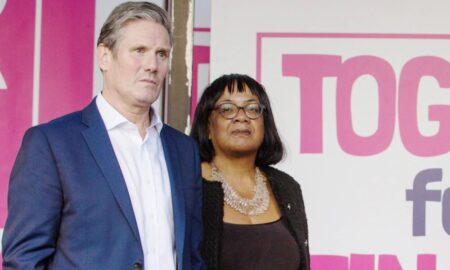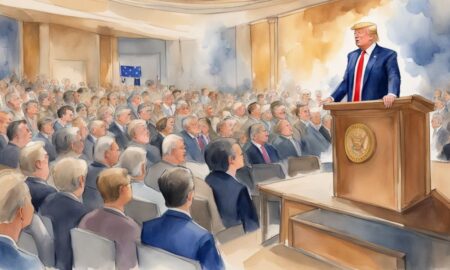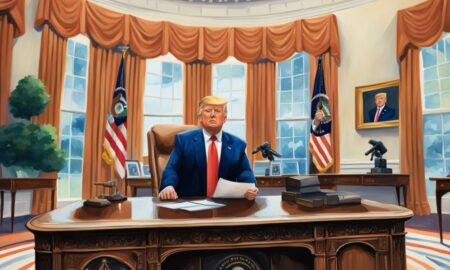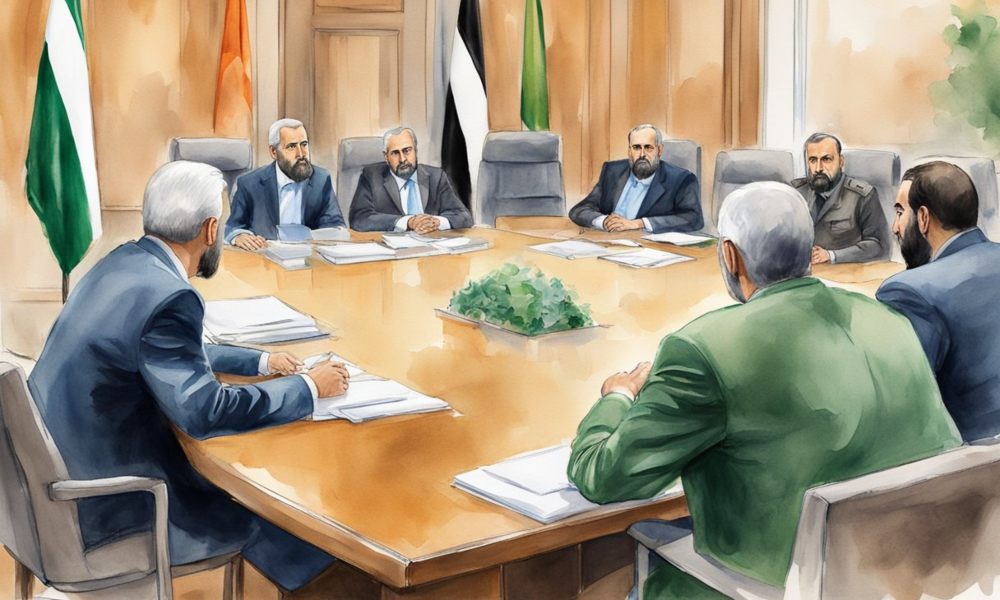What’s the big news? Former President Donald Trump is going through a legal case about payments made to keep specific stories quiet during his 2016 campaign. But prosecutors still haven’t clearly identified what crime may have occurred.
Key Points:
- Trump’s former lawyer, Michael Cohen, paid money to two women in 2016 to stop them from sharing stories
- Prosecutors say this violated campaign finance laws, but Trump claims it was a personal matter
- The case raises questions about what qualifies as a crime related to elections
- Experts disagree if Trump’s actions were actually illegal under the law
Did Trump break the law by paying hush money, or was it just an embarrassing personal situation? Let’s take a closer look.
The Stormy Daniels Payment
In 2016, Trump’s lawyer Michael Cohen paid $130,000 to adult film actress Stormy Daniels. The payment was meant to stop Daniels from publicly sharing claims that she had an affair with Trump years earlier.
Trump admits he later reimbursed Cohen for the payment. But he insists it was simply a personal matter related to his marriage, not an attempt to influence the election.
The Karen McDougal Deal
Around the same time, Cohen was also involved in halting a story by former Playboy model Karen McDougal. She claimed to have had an affair with Trump as well.
The parent company of the National Enquirer tabloid paid McDougal $150,000 for her story, but they never published it —a controversial media practice known as “catch and kill.” Trump denies any personal involvement.
Did Hush Payments Violate Laws?
Prosecutors argue the payments to the two women violated campaign finance laws. They say the money should have been reported as campaign expenditures since it aimed to prevent damaging stories right before the election.
However, Trump’s legal team asserts that these were personal expenditures to resolve private issues. They say no election laws were broken.
Breaking Down Complex Legal Arguments
The legal debate partly hinges on parsing the distinction between personal and campaign expenses. Election law experts are divided on where the line is drawn.
Prosecutors argue that because the payments directly benefited Trump’s candidacy, they count as regulated campaign contributions. Others counter that authorities are stretching the law to score a high-profile conviction.
Court of Public Opinion
Some legal analysts believe prosecutors are struggling to define a straightforward criminal charge in this case clearly. They suggest jurors may be swayed more by the overall tawdry narrative than specific legal violations.
In the court of public opinion, many view Trump’s actions as unethical and an abuse of power—even if the entire legal case remains murky.
Jury Still Out on Charges
As testimony continues, prosecutors face an uphill battle in convincing jurors that Trump’s expenditures met the strict criteria for criminal campaign finance violations. Regardless of moral judgments, the legal bar for charges remains high.
Trump supporters claim the case is a politically motivated “witch hunt,” while critics decry a culture of entitlement and coverups. With polarized public sentiment, clarity from the courtroom remains elusive.
In the end, will jurors believe Trump wanted to avoid personal embarrassment – or find evidence of unlawful maneuvering to influence the 2016 election results? Only time will tell as this high-stakes legal drama unfolds.
